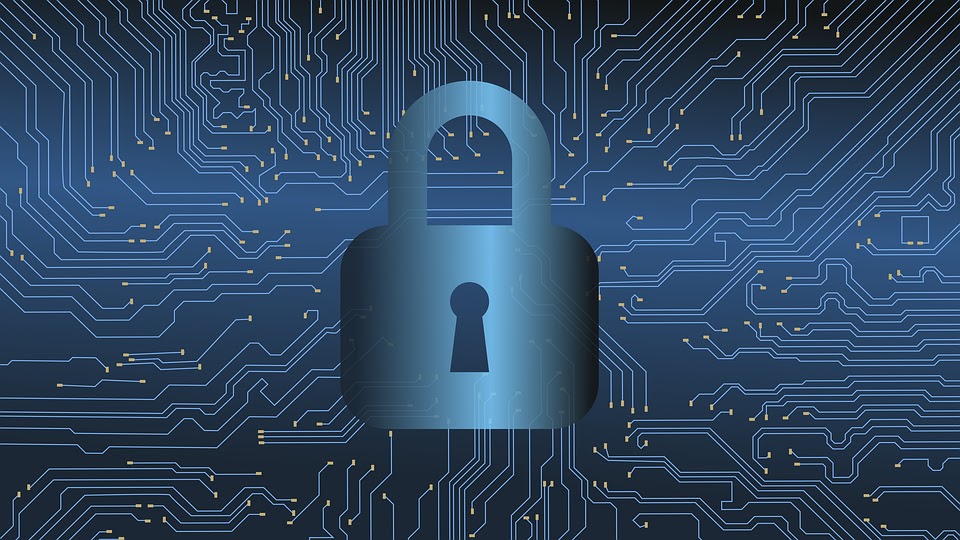Cybersecurity Threats in 2020 and How to Defend Against Them
 |
| Image from Pixabay.com |
According to the FBI’s Internet Crime Complaint Center (IC3), the world lost over $3.5 billion to cybercrime in 2019. Barely a month into the second half of the new year, cybercrime stats in 2020 are equally horrifying. The Covid-19 pandemic has only exacerbated the situation. Reports indicate that 80% of companies have seen an increase in cyberattacks during this period, mostly targeting banks and the healthcare sector.
Phishing Attacks
As far as cyberattacks go, phishing is an old tactic but it will continue to persist years to come due to the sheer effectiveness of phishing attacks. Phishing attacks are becoming even more sophisticated and are moving more towards gaming platforms, social media, and text messaging.
IoT and 5G
The Internet of Things, or IoT, pauses unprecedented cybersecurity challenges. IoT devices are full of vulnerabilities and attack surfaces that cybercriminals could exploit. With countries rolling out 5G, lightning-fast internet speeds with real-time connections only escalate the risk of attacks targeting IoT devices.
AI-Enhanced Threats
All new technologies attract the interest of cybercriminals. Artificial Intelligence (AI) and Machine Learning (ML) are no different. Hackers are already using intelligent technologies to scan for system vulnerabilities and develop new, more efficient threats. From malware to phishing attacks, cybercriminals are using AI and ML to launch complex and adaptive cyberattacks.
Key Cybersecurity Tools
Cyberattacks are increasingly becoming the norm the world over. Barely a week goes by before news of yet another major attack dominating the headlines. While there’s no silver bullet when it comes to protecting yourself against cybersecurity threats, there’s a wide range of tools you can use to reduce the risk of an attack. Here are 5 effective security tools to protect yourself from the aforementioned risks.
VPN
A Virtual Private Network (VPN) is one of the most effective online security tools out there. It protects you from malware, DDoS attacks, snooping, and other online threats by hiding your IP address and encrypting your internet traffic. You can improve your online security by downloading a VPN app on your computer or mobile device.
Antivirus
Email Security
Social engineering attacks such as phishing, which target human psychology, are common. Cybercriminals can use sophisticated and often persuasive phishing tactics to convince you to expose sensitive data or download malware. Email security tools can help you identify phishing emails and block them before any damage is done.
Encryption Software
Encryption is one of the best tools when it comes to preventing data breaches and data exfiltration from your storage devices such as hard disks, USB flash drives, and SD cards. Encryption software provides a pervasive layer of encryption across an entire storage device. The best encryption software protects your data from unauthorized access and keeps you safe from malware.
Vulnerability Scanner
Cybersecurity threats are a huge menace in 2020 and will continue to be a problem going further into the future. The coronavirus pandemic has significantly increased the risk of cyberattacks this year. Luckily, there are tools you can deploy to improve online protection. If you are serious about online security, you need to have the aforementioned tools in your cybersecurity arsenal.





No comments:
Post a Comment